
Magyar Ju 86. Hungarian Royal Army in ww2. Pinterest Aircraft, Planes and Aviation
The Royal Hungarian Air Force (Magyar Királyi Honvéd Légierő) that fought in World War II began its clandestine existence in August 1921 and did not become open and official until. Romanian Air Force until it was taken over by Hungary in Aug 40. Surface and Dimensions: grass surface measuring approx. 2560 x 760 meters (2800 x 830 yards)..

Pin on wwii aircraft
Return to the World War 2 Aircraft by Country Index. 1 1932 Breda Ba.25Basic Trainer Biplane Aircraft 2 1935 Bucker Bu 131 (Jungmann)Twin-Seat Basic Trainer Biplane Aircraft 3 1936 Bucker Bu 133 (Jungmeister)Single-Seat, Single-Engine Advanced Biplane Trainer / Aerobatics Aircraft 4 1938

Hungarian Fw190 F8 fighters Aircraft art, Wwii aircraft, Wwii airplane
This is a list of aircraft used by the Royal Hungarian Air Force (MKHL) during World War II. During the war, Hungary fought as part of the Axis powers in the Invasion of Yugoslavia (1941), on the Eastern Front against the Soviet Union (1941-1944), and in the Battle for Hungary (1944-1945).
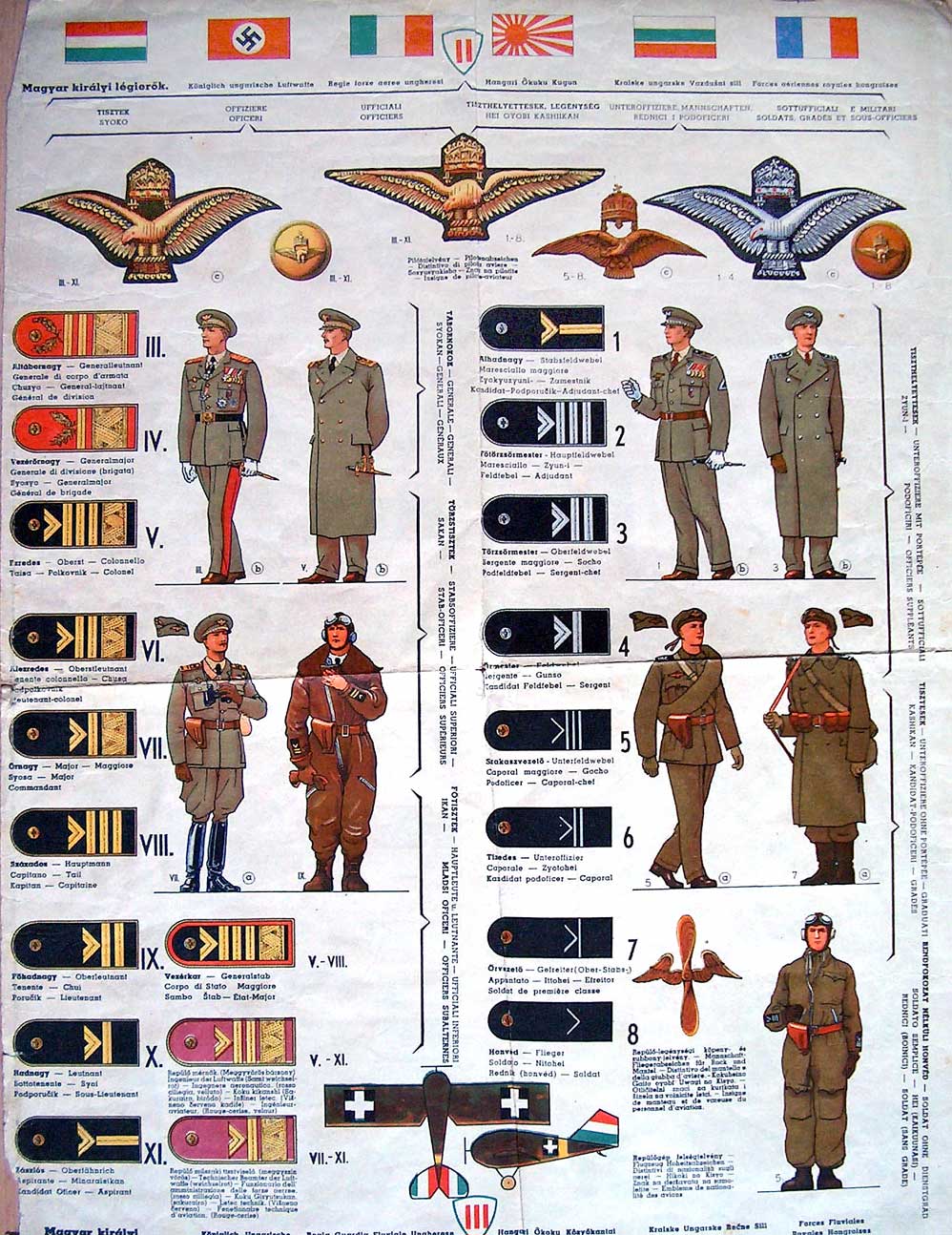
Hungarian Air Force in World War II Main Page
M1930 Hungarian Air Force Service Dress Uniform. M1930 Hungarian Air Force Parade Dress. M1930 Hungarian Air Force Winter Dress. M1930 Hungarian Air Force Summer Uniform. A Sergeant in Standard Service Dress. Hungarian Air Force Insignia Chart. Hungarian Air Force Uniform Chart (Courtesy of Jeno Oveges)

15th Air Force B24 Raids on Hungary Ww2 Pictures, Wwii Photos, History Photos, Aircraft Photos
77 Jan 1, 2010 Spain Following the dissolution of the Austro-Hungarian Monarchy in 1918, a small air arm was established operating surviving aircraft from Hungarian factories and training schools. This air arm became the Hungarian Red Air Force under the short lived Hungarian Soviet Republic, but was disbanded upon its downfall.

1904 Hungarian Air Force MikoyanGurevich Mig21 Photo by Severin Hackenberger ID 1236595
The Hungarian Red Air Force When the Communist government came to power on 01.08.1919, it established the Red Air Force (Vörös Légjárócsapat) to assist in the defence of Hungary.

Me Bf109 G Hungarian Air Force Wwii aircraft, Aircraft art, Aviation art
World War II Under the Treaty of Trianon (1920), Hungary was forbidden from owning military aircraft. However, a secret air arm was gradually established under the cover of civilian flying clubs.

Hungarian aircraft Wwii airplane, Aircraft, Luftwaffe planes
Amazon.com: Forgotten Heroes: Aces of the Royal Hungarian Air Force in the Second World War: 9781911512684: Stenge,. Peeling away and illuminating previously unknown and unstudied determinative layers of Hungarian WWII ACE aviators is the undeniable value of Csaba B. Stenge's sweeping encyclopedia entitled, "Forgotten Heroes, Aces of the.
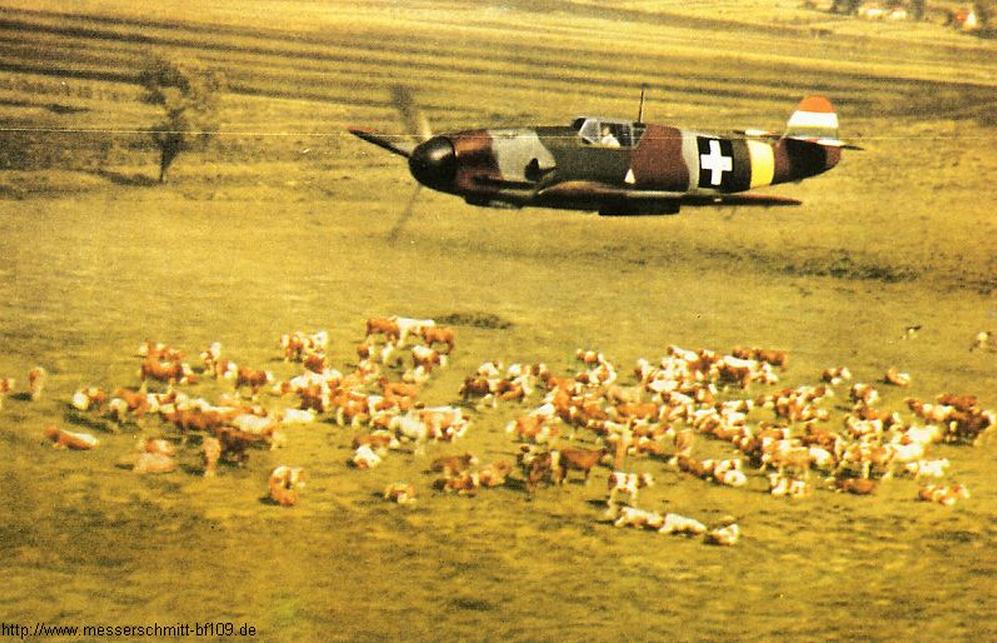
Spotlight The Hungarian Air Force Warlord Games
The Hungarian Air Force (Hungarian language: Magyar Légierő) is the air force branch of the Hungarian Army. [1] Contents 1 History 1.1 1918 to Pre-World War II 1.2 World War II 1.3 Post-World War II to Present 2 Present day 2.1 Air Command and Control Centre 2.2 Air Bases 2.3 Air Wings 2.3.1 59. "Szentgyörgyi Dezső" Tactical Wing

Pin on авиа
Royal Hungarian Air force Aces of WW2 - a magyar királyi légierő ászai a második világháborúbólRangok magyarul:Lt/Col. = AlezredesMaj. = OrnagyCapt. = Szaza.
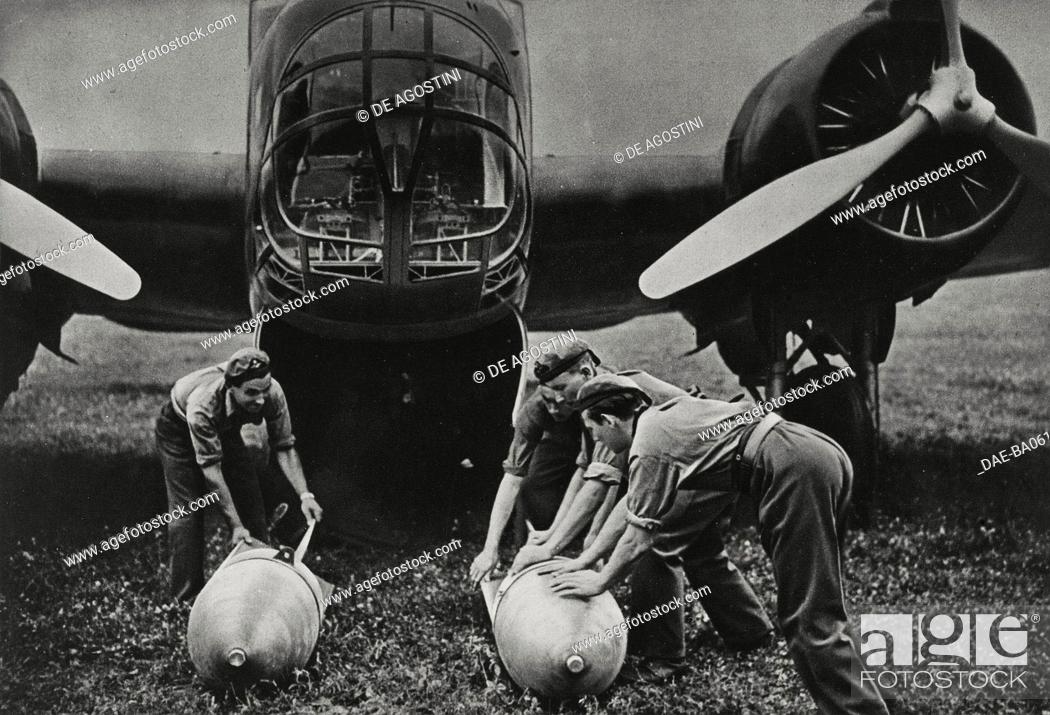
Loading bombs on an Royal Hungarian air force plane, Hungary, World War II, Stock Photo, Picture
In the spring of 1944, following the occupation of Hungary by Nazi Germany with Operation Margarethe, the US Fifteenth Air Force, flying from bases in Italy, subjected Hungary to massed bombing attacks. Before the actions was beginning in May, at the beginning of April 1944, the Fifteenth began operations in Hungary, Hitler's Axis ally.
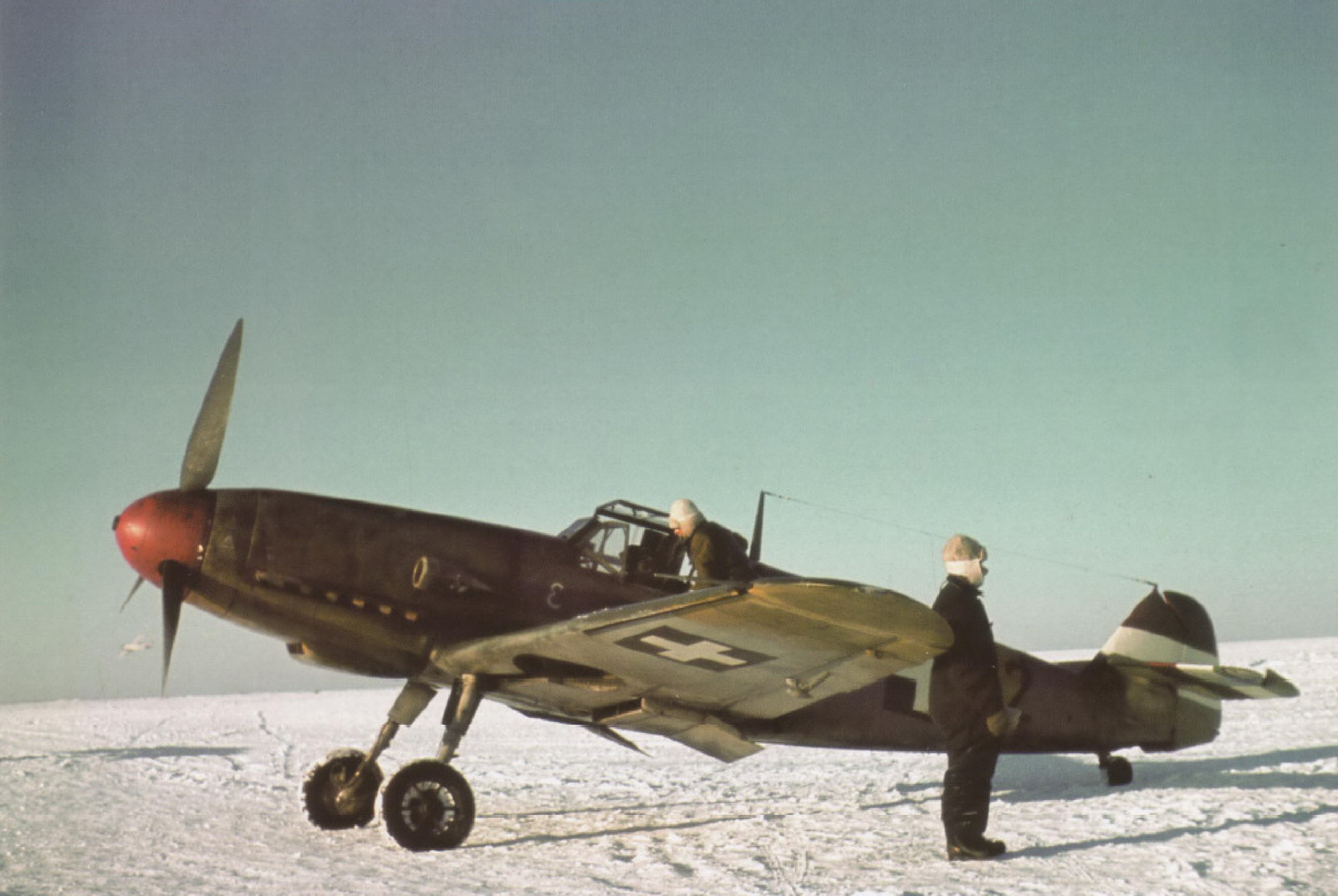
World War II in Color German Aircraft of Hungarian Air Force in the Eastern Front in Winter
Roundel of the Hungarian Air Force, from 1942-1945 The Gyorshadtest (variously translated "Rapid Corps", "Fast Corps" or "Mobile Corps") was the most modern and best-equipped mechanized unit of the Royal Hungarian Army ( Magyar Királyi Honvédség) at the beginning of World War II.

Messerschmitt Me 210Са1 Hungarian Air Force 1944 Messerschmitt, Luftwaffe planes, Wwii
After Operation Barbarossa had commenced on 22nd June 1941, Hungary initially dithered on whether or not to support the Axis invasion. The Hungarian government based its initial refusal to participate on Article 3 of the Axis Pact, which Hungary had joined on 29th September 1940.
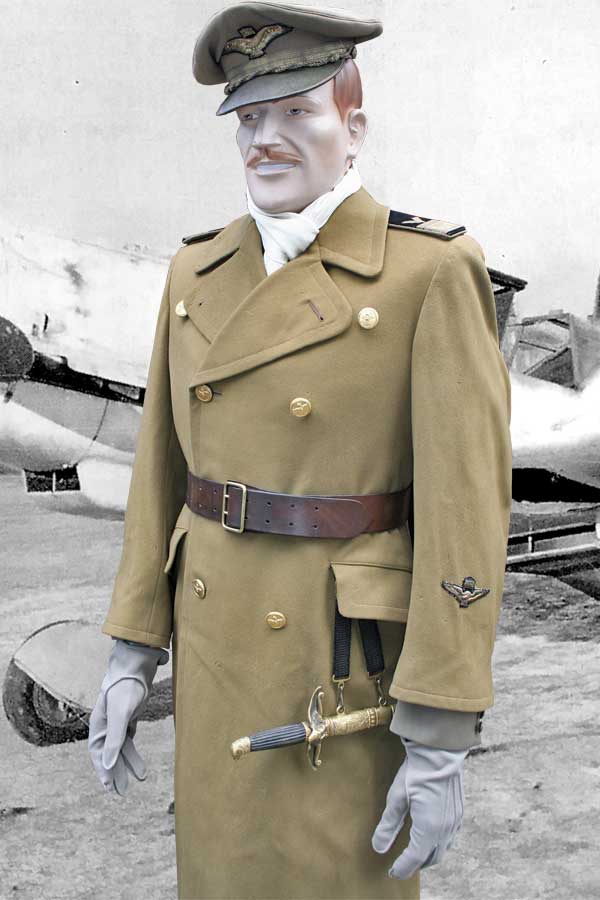
Hungarian Air Force WWII Major Winter Dress Overcoat
Air Warfare On September 1, 1938, the Magyar Kirdlyi Honved Legiero, or Magyar Legiero, the Royal Hungarian Air Force, unfurled its red-white-green chevron insignia for the first time. Its crews did not have to wait very long for their baptism of fire, however.

World War II in Color A CrashLanding of Hungarian Messerschmitt Bf 109
This thesis is a narrative and analytical history of the Hungarian air service. It follows its development from the Allied intervention of 1919 through the end of the Second World War. Denied an air force by the Treaty of Trianon, Hungarian airmen determined to thwart the inspection system and preserve national air power.

Hungarian bf109s Wwii airplane, Wwii aircraft, Aircraft
Hungary bought a production license and 70 new aircraft for its Air Force. These would be supplemented by locally produced planes, both of which would see action during the Second World War. In Hungarian service, the Re.2000 would be known under the 'Héja' (Hawk) nickname. Hungarian-Italian cooperation